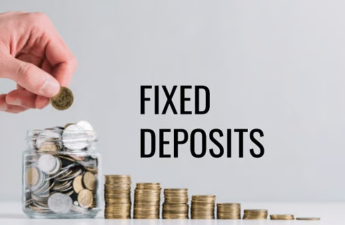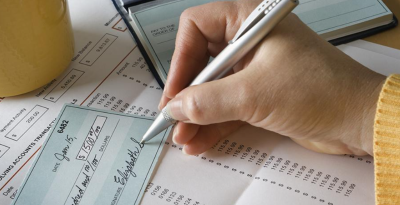As the epidemic continues to spread, more and more people are applying for refinancing, accounting for almost 85% of our total loans in the past two months, an increase of 73% year-on-year. However, I found that when many people consult about refinancing, they actually don’t know that not everyone is suitable for refinancing at this stage. In the next few issues, I will gradually introduce some information related to refinancing, hoping to let everyone know in advance whether they are suitable for refinancing at this stage.

As the epidemic continues to spread, more and more people are applying for refinancing, accounting for almost 85% of our total loans in the past two months, an increase of 73% year-on-year. However, I found that when many people consult about refinancing, they actually don’t know that not everyone is suitable for refinancing at this stage. In the next few issues, I will gradually introduce some information related to refinancing, hoping to let everyone know in advance whether they are suitable for refinancing at this stage.

People who want to refinance basically have the following starting points:
- Interest rates are very low now, and I want to lower my interest rates.
- The epidemic is so serious now. I want to take out some money in advance to prepare for future real estate investment.
- The impact of the epidemic is relatively large, and money is needed for turnover. According to the Bankers Association (MBA), refinancing applications account for a large proportion of all mortgage applications. Part of the reason may be that relatively low mortgage rates encourage homeowners to restructure their financial situation. However, whether refinancing a mortgage loan is right for you depends on your personal situation, not the current low interest rates. Before applying for a refinance, I have the following main considerations and hope that you can carefully review them.
Understand your home value, amount owed, and home equity:
The first thing you need to know is how much your house is worth now, and do you currently owe money on your property? This way you can get your approximate home equity (home value - amount owed). Only after understanding your home equity can you roughly know how much money your property can still allow you to mortgage. Generally speaking, refinancing now rarely exceeds 80% of the home value, and for non-income loans, it will not exceed 65%. If your property is worth 500,000 and you owe 150,000 now, you can get a total of up to 400,000 (50X80%), minus the 150,000 you owe now, which means 250,000.
Understand your credit score:
Since the epidemic, banks have tightened loan approval standards, so some consumers may be surprised that even if they have good credit, they may not always qualify for the lowest interest rate. Typically, lenders want a credit score of 700 or higher to qualify for the lowest mortgage rate. Borrowers with lower scores may still get a loan, but they may pay higher interest rates or fees.
Refinancing costs:
Refinancing is not free, and it is often difficult to give a rough range in percentages, because there is a difference in the period between a $100,000 loan and a $1 million loan, but some fixed costs will not be much different. However, you can pay most of the costs directly through the loan.
Interest rate and term:
Although many borrowers focus on the interest rate, it is important to determine your goals when refinancing so that you can determine which mortgage product will meet your needs. If your goal is to reduce your monthly payments as much as possible, you will need a loan with the lowest interest rate for a long period of time, such as 30 years. If you want to pay less interest over the life of the loan, look for the lowest interest rate for the shortest period of time, such as 10 or 15 years. But try to choose the repayment term based on your actual financial repayment ability.
Know your break-even point:
An important calculation when deciding to refinance is the break-even point. For example, if your refinancing costs are $2,000 and you save $100 per month compared to your previous loan, it will take you 20 months to recoup your costs. If you plan to move or sell your home within two years, it may not make sense to refinance in this case.
Know Your Taxes:
Many consumers rely on the mortgage interest deduction to reduce their federal income tax bill. Your tax deduction may be lower if you refinance and start paying less interest, although few people consider this a reason to avoid refinancing. However, the interest deduction may also be higher in the first few years of a loan, when the interest portion of your monthly payment is greater than the principal. Increasing the size of your loan due to cash withdrawals or increased closing costs will also affect the amount of interest you will pay.
That said, provisions of the Tax Cuts and Jobs Act passed in December 2017 may affect your willingness to use the mortgage interest deduction. The new, higher standard deduction ($24,400 for married couples filing jointly in 2020, compared to $12,700 under previous law) may make itemizing deductions less financially attractive for more taxpayers. Wealthy homeowners who want to refinance an existing, large mortgage can still deduct interest on up to $1 million of mortgage debt, but the limit on new mortgage debt is now $750,000 for homes purchased on or after Dec. 15, 2017. Given these changes, it is wise to consult a tax advisor for personal information about the impact of refinancing on your taxes.
I hope you will not blindly follow the trend and only consider taking action when you fully understand that refinancing now is completely in line with your current situation and conditions.


